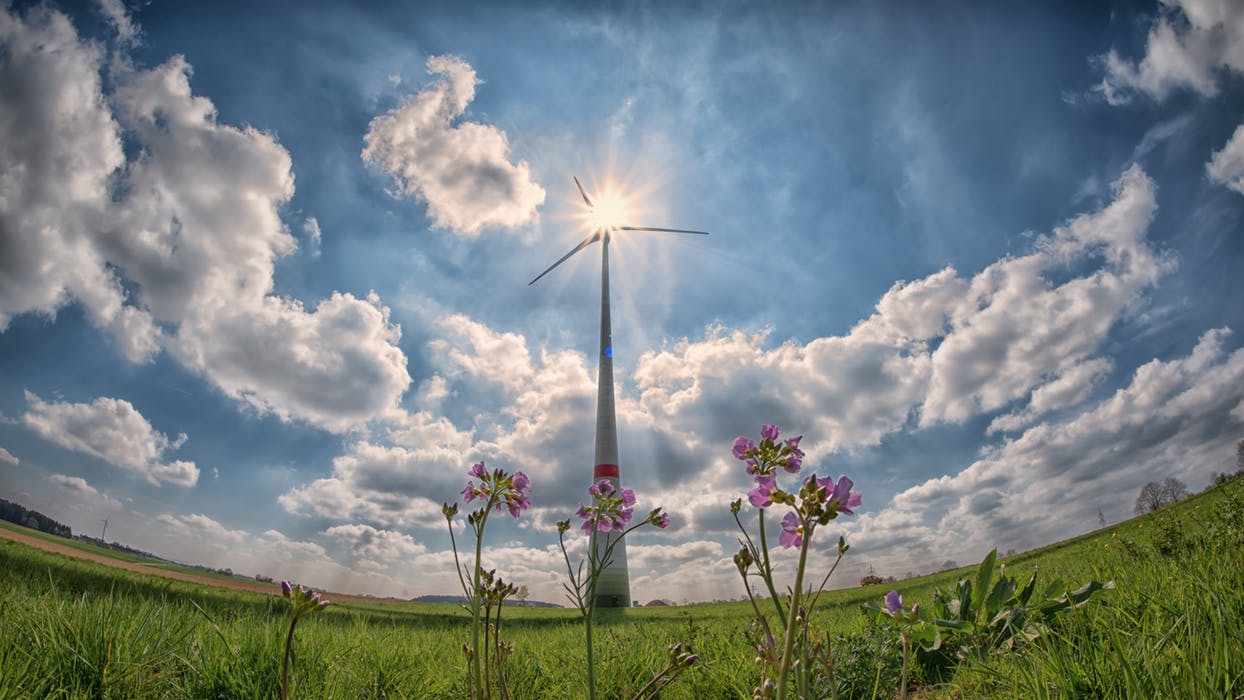
Saving power around the home is important in terms of the household budget, but becoming more energy efficient is also vitally important in helping to protect the environment. We’ve put together a list of things you can do right now (or when you get home at least!) that can save you money and reduce your carbon footprint.
Energy audit
Go from room to room around your house and do an energy audit – plug in draughts through door and window seals; repair dripping taps, showers, or toilets; check fridge seals and clean dust on the coils; clean the lint filter in the dryer; turn off appliances that don’t need to be on and start using an app to track energy usage (this resource guide has a good list of apps); if you’ve got a second fridge, only turn it on when in use.
Unplug
Standby power, particularly in older appliances, can be a real energy-guzzler. Turning off appliances at the wall can save you up to $200 a year, and reduce the 68 million tonnes of carbon dioxide emissions that standby power produces worldwide.
Think in degrees
Heating and cooling accounts for 40% of household energy use (and 20% of all carbon emissions), so set your thermostat according to your local government temperature recommendations. Every degree increase over 20ºC (68ºF) uses about 10% more energy.
Water wise
Simply paying attention to your water use can lead to a drastic reduction in the amount wasted – turn off the tap while brushing your teeth (saving 11,000L (3000gal) per year); have a shorter shower; and use the half-flush when you can. And while the amount of water you use doesn’t affect your power bill, the amount you heat certainly does, so only boil the kettle when you need to; use cold water in the washing machine rather than hot; and still keep those showers short!
Fill up
Whenever you go to turn on the dishwasher, ensure that it is full – dishwashers are more water and energy efficient than handwashing, but a single load still costs about 40 cents to run. You could save 50kg of carbon emissions each year.
Upgrade
Appliances account for about 30% of your household energy use, and particularly if you have a lot of older appliances, can be hugely responsible for your carbon emissions. A fridge that’s even as recent as five years old uses twice as much energy (and produces twice as many emissions) as a new, energy-efficient fridge. Replacing old, inefficient appliances with new, energy-efficient appliances can save hundreds of dollars a year in running costs. And buying online means you can still do it tonight!





Leave a Comment